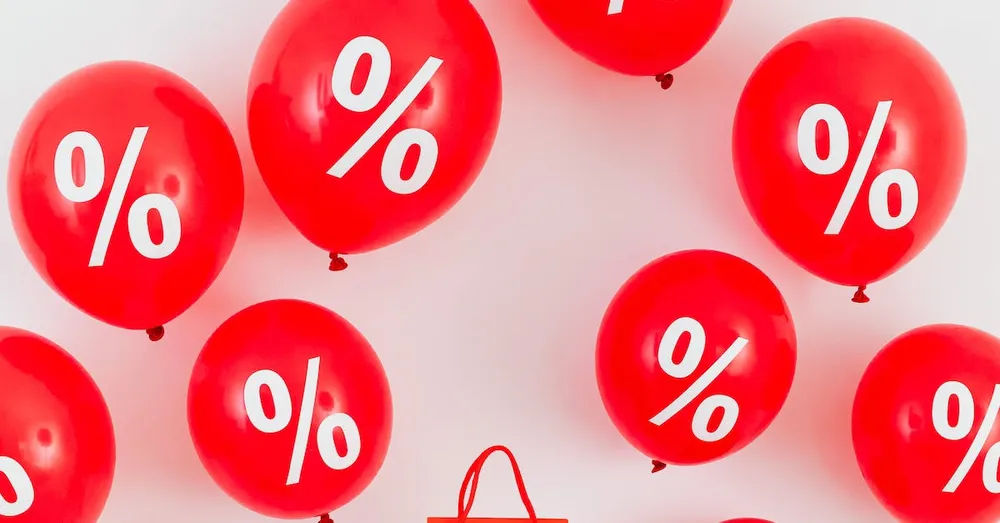
First, it's important to understand how interest rates work. Interest is the cost of borrowing money, and it can be expressed as a percentage of the amount borrowed. The higher the interest rate, the more expensive it is to borrow money. When the Fed raises interest rates, it makes it more expensive for consumers and businesses to borrow money, which can slow down spending and economic growth.
One of the most immediate ways that a Fed interest rate increase will affect you is through the cost of borrowing money. For example, if you have a credit card with a variable interest rate, the interest rate on your card will likely increase as a result of a Fed rate hike. This means that you will have to pay more in interest charges on any outstanding credit card balances. If you're considering applying for a new loan, such as a mortgage or car loan, you may also find that the interest rate you're offered is higher than it would have been if rates were lower.
A Fed interest rate increase can also affect your savings and investments. When interest rates are high, it can be more profitable to keep your money in a savings account or other interest-bearing investment, as you'll earn more in interest. However, if you have money invested in bonds or other fixed-income investments, the value of those investments may decrease as interest rates rise, because when bond prices fall, the yield that they pay out rises.
In addition to the impact on your personal finances, a Fed interest rate increase can also have a broader impact on the economy. As we mentioned earlier, when interest rates rise, it can slow down spending and economic growth. Businesses may also find it more expensive to borrow money, which can affect their ability to invest in new projects and hire new employees. Additionally, higher interest rates can lead to a stronger dollar, which can make it harder for U.S. exports to compete in the global market.
While a Fed interest rate increase can have negative effects, there are also potential benefits. For example, when interest rates are high, it can be more difficult for businesses and individuals to take on too much debt, which can help prevent the economy from overheating. In addition, higher interest rates can help control inflation, which is when prices for goods and services start to rise too quickly.
It's important to note that the Fed's decisions about interest rates are made with a lot of consideration and based on various economic indicators and data, and not just one factor. The Fed's goal is to maintain a stable economy and help to ensure that growth and inflation stay within a healthy range.
In conclusion, a Fed interest rate increase can have a significant impact on your personal finances and the broader economy. It can affect the cost of borrowing money, the value of your savings and investments, and the overall health of the economy. It's important to stay informed about the Fed's decisions and consider how they may affect your financial situation, and plan accordingly.
It's important to remember that interest rate increases don't happen overnight. The Federal Reserve usually raises rates gradually, in small increments, over a period of time. This gives consumers and businesses time to adjust to the changes. However, sometimes the Fed may make larger or more sudden increases based on economic conditions.
When interest rates are increasing, one thing you can do to protect yourself is to review your current debt and make sure that you're not taking on more than you can afford. Consider paying off high-interest credit card debt or other types of loans with variable rates. You may also want to think about refinancing your mortgage to lock in a lower rate while they're still available.
If you have money in savings, it's also a good idea to consider where you're keeping your money. High-yield savings accounts or CDs (Certificate of Deposits) may be a good option as they tend to offer higher interest rates than regular savings accounts.
It's important to review your investment portfolio as well, particularly if you have a high concentration of fixed-income investments. Consider diversifying your portfolio by adding investments that are less sensitive to interest rate changes, such as stocks or real estate. Be aware that any investment carries some level of risk, and you should consult a financial advisor before making any big changes to your portfolio.
Overall, a Fed interest rate increase may not be good news for everyone, but it doesn't necessarily mean that your personal finances are doomed. With a little planning and preparation, you can take steps to protect yourself and your money.
Lastly, it's worth noting that the Federal Reserve's monetary policy decisions also affect different population differently. For example, savers may benefit from the increase in interest rate while borrowers may see it as a burden. Elderly population or retirees who mainly rely on fixed income may be negatively impacted by the decrease in the value of their investments while an increase in the rate may benefit young savers. It's important to understand how the decision may affect you personally and take steps accordingly.
Комментарии
Отправить комментарий